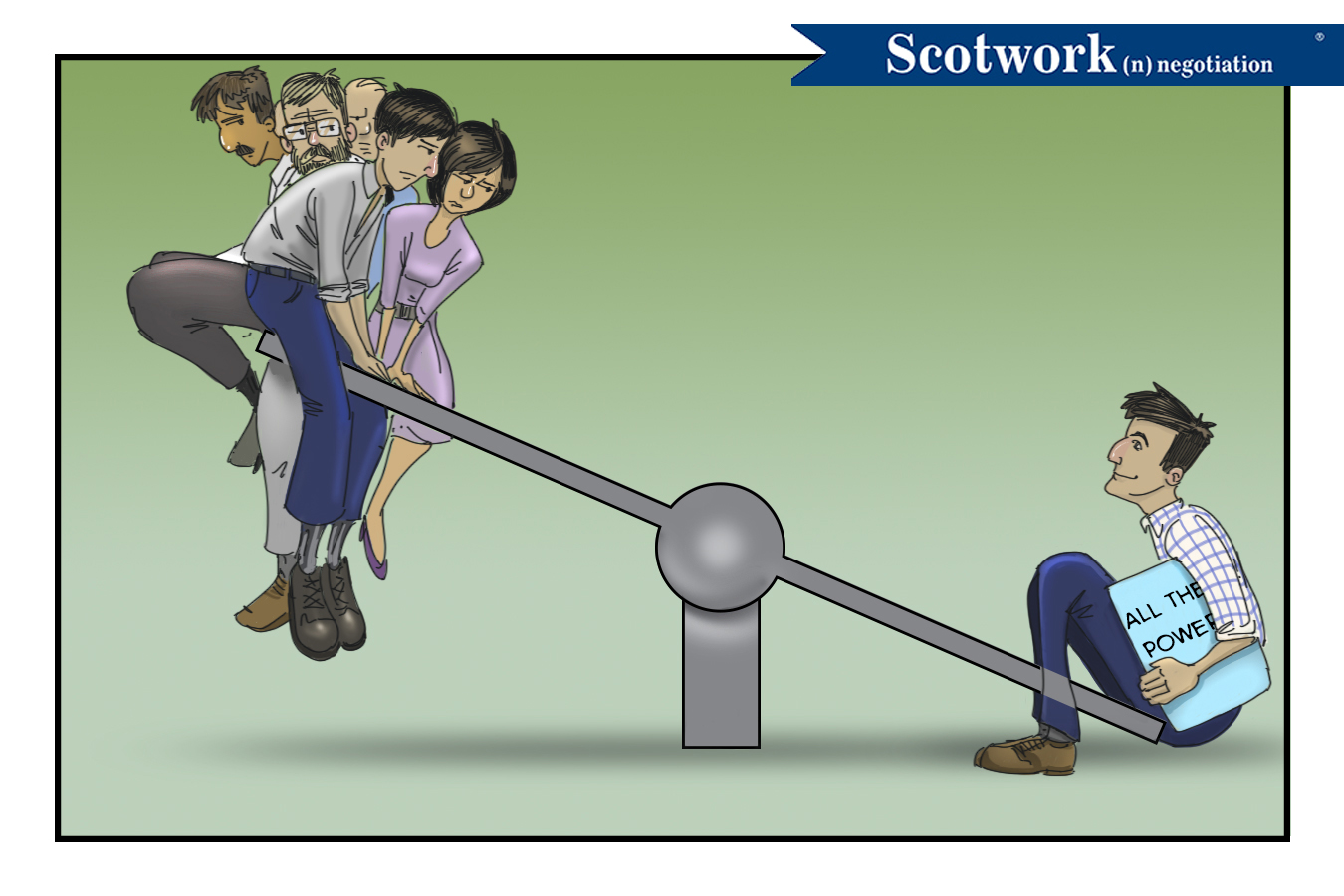“Ideally, I want . . .” This is one of the most common phrases I hear during a negotiation. My frequent, sarcastic response is, “Good for you!” — implying that the ideal is not attainable. Sarcasm aside, what does “ideal” actually mean? Is it even attainable? And under what conditions is it attainable? Better you know before trying to use it in your next deal.
So, what does “ideal” mean? Most people tend to use the word as their goal state. It’s what they’re hoping to get out of any deal. For reasons that I’ll explain later, I would call this your “intend position,” as it’s what you intend to get out of your deal. When we say “ideal,” we imply our awareness that this is a desire — not a need. Whereas “intend” implies a target with purpose.
Is it even attainable? That depends on the situation and the power you have. If you have all the power, then you can most certainly get to your ideal state. For instance, if you had an exclusive on a product, you could theoretically dictate all the terms of the product agreement. However, power is fluid and can shift. So, even if you have all the power, you may want to temper how much you demand, just in case the power shifts and you’re no longer able to get your ideal.
Under what conditions is it attainable? As discussed, it’s when you have all the power. But how often does that really happen? The reality is that there are very few situations in which you’d be able to attain your ideal. Moreover, the reality is that everyone knows this. So, when you say, “My ideal is . . .,” you’re already presenting a position that the other side knows has some degree of flexibility.
That said, what do you do?
First, change your vocabulary. If you’re using “ideal” to convey to the other party what it is that you want, stop doing that. It sends a signal of flexibility. Instead, be definitive: Simply tell the other party what it is that you want.
Second, understand your power and what’s realistic. Understanding your power will better help you to know what you can realistically ask for and what leverage can be applied to get what you want. Power will dictate your true positions.
Finally, if someone tells you, “My ideal is . . .,” see that as a signal of flexibility and explore with the other side what’s less than ideal. Asking questions about their priorities is critical to understanding what’s realistic.
While we all would like to achieve our ideal, doing so can happen only when we’re in the position of having all the power. When you don’t have all the power, focus instead on what’s realistic. And if you do have all the power? Be cautious about how you use it because, inevitably, power will shift.
Find Your Ideal State
No matter the power you have, we can help you find your ideal state. Scotwork is the world’s leading negotiation consulting firm. We help our clients solve their dealmaking issues through negotiation consulting, advising, and skills development.
For over 40 years, we’ve been transforming the way our clients negotiate by giving them the tools and skills required to be more assertive, profitable, and successful, while creating deals that are, quite simply, more valuable. Call us and let’s discuss what we might be able to do for you.

